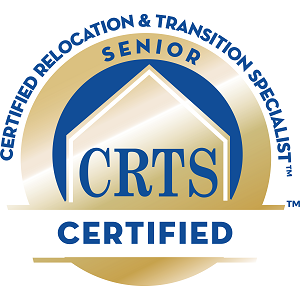“Mom!” I overhear DC saying to his mother, whose hand is in the nut bowl. “You can’t eat nuts. You don’t have your teeth in!”
Oh, Mom. It’s a refrain we’re uttering often lately, part in head-shaking humor, part in grave concern.
My mother-in-law, who is 86, was living with us until last week. DC had brought her down from Pittsburgh for a month to size her up and figure out what kind of help she needed. He’d noticed changes. She’d been forgetting to pay bills, had lost weight she couldn’t afford, and had trouble finding words.
